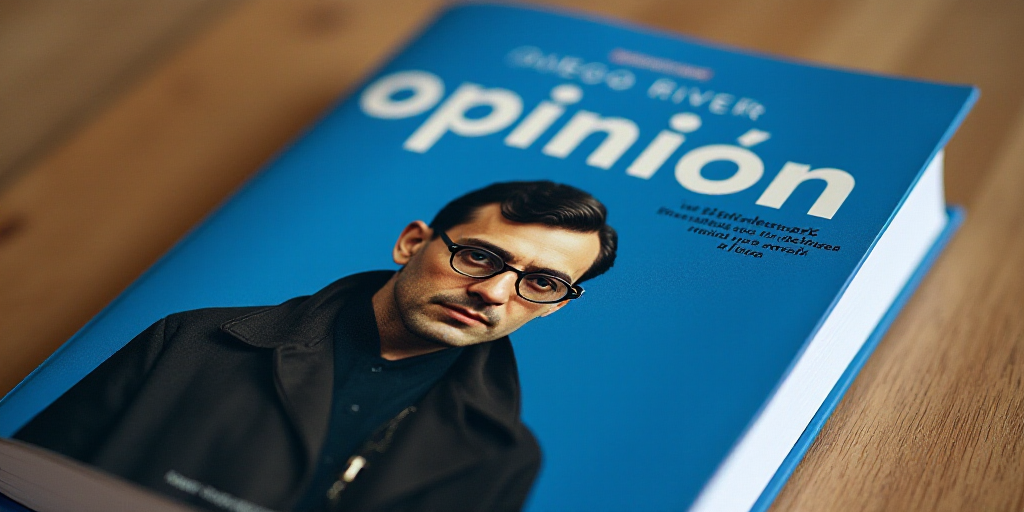Background on the Controversy
Politicians from all parties, business leaders, and human rights organizations have harshly criticized the new Telecommunications and Broadcasting Law initiative sent by President Claudia Sheinbaum to the Senate last week. All warn about the risks of allowing the Executive Power to block digital platforms for unclear violations by the law.
Who is Involved and Why It Matters
Claudia Sheinbaum, the current mayor of Mexico City and a prominent member of the Morena party, has proposed this legislation. As she transitions from a regional role to a national one with this bill, her actions carry significant weight. The controversy revolves around the potential for censorship and the vague definitions within the proposed law, which could impact digital platforms, foreign content, and regulatory functions.
Key Concerns of the Critics
- Article 109 and 201 Ambiguity: The wording of these articles opens the door to arbitrary censorship, restricts foreign content circulation, and centralizes functions previously held by the now-defunct Federal Telecommunications Institute within the new Digital Transformation and Telecommunications Agency.
- Weak Guarantees and Procedures: The law establishes a basis for blocking digital platforms, grants the Executive direct assignments of radio-electric spectrum without open competition, and transfers control of broadcast content to political organs, starting with the Secretariat of Government.
- Broad Definition of Digital Platforms: The law’s definition of digital platforms is so wide that it encompasses social networks to online marketplaces. User and audience rights protection is left to the Profeco, an administrative body without specialized expertise.
Historical Context and Opportunism
Many of those now opposing censorship were silent or complicit in the past. Former PRI members who supported decades of media control, PAN members who tolerated pressures and surveillance during Felipe Calderón’s presidency, and Morenistas who justified local and federal censorship acts now defend free speech. Their change of heart stems from the realization that they could be affected by such censorship measures.
Author’s Perspective
As someone who experienced censorship and pressure from various federal administrations between 1982 and 2006, the author understands the cyclical nature of attempts to control media and silence inconvenient voices, regardless of the ruling party.
President’s Response and Next Steps
In response to the criticism, President Sheinbaum denied that the law aims to censor digital platforms. Instead, she claims it seeks to prevent the spread of foreign propaganda, like anti-immigrant campaigns from the U.S. She offered to modify or eliminate Article 109 and assured that the Digital Transformation agency would only act in exceptional cases. However, these promises do not replace the written law’s ambiguities and discretionary powers.
Call for Thorough Revision
The proposed law must be revised comprehensively to ensure that everyone’s fundamental rights are fully protected. As President Sheinbaum claims to respect and defend these rights, she should take immediate action to address the concerns raised by critics.






